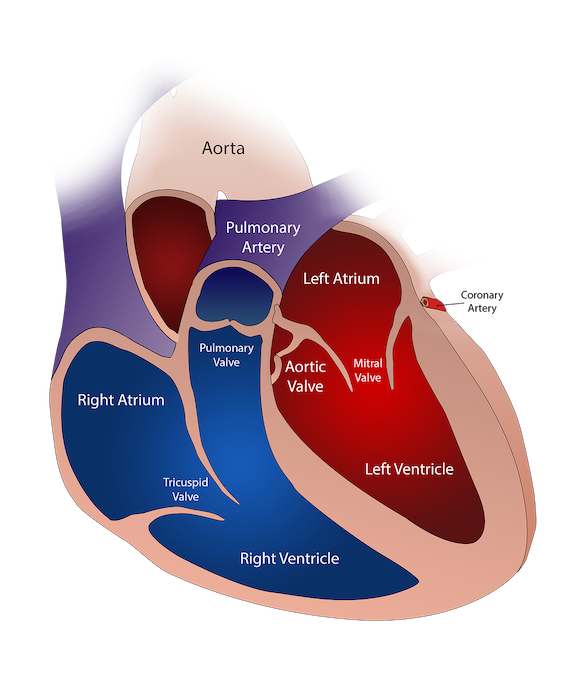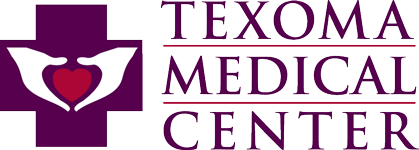A Healthy Heart and Cardiovascular System in Denison, TX
The cardiovascular system includes the heart, four valves and blood vessels. The heart has four hard-working chambers: two upper (atria) and two lower (ventricles). Blood must circulate through each chamber of the heart through a valve.
 Four heart valves act like gatekeepers to four heart chambers:
Four heart valves act like gatekeepers to four heart chambers:
- Aortic valve
- Pulmonary valve
- Tricuspid valve
- Mitral valve
Heart valve conditions, which can be life-threatening, occur when blood flows back and leaks into a chamber of the heart. To regulate healthy forward flow of blood, the heart ends up pumping much harder and faster than it should. This excess force and cardiac pressure can lead to serious illnesses such as heart failure, stroke and kidney disease.
*Heart illustration burlesonmatthew from Pixabay
Innovative mitral valve technology
MitraClip is used for inoperative mitral valve regurgitation that typically occurs because of degenerative changes to the mitral valve. MitraClip therapy is a nonsurgical, minimally invasive treatment using a durable transcatheter device (or a long, thin tube).
Delivered to the heart through a small incision in the thigh, Abbott's MitraClip repairs leaky mitral valves without open-heart surgery. The treatment works by sealing together portions of the valve flaps, allowing the heart to pump blood forward and more efficiently.
MitraClip valve repair is approved in 75 countries across Asia, Africa, the Americas, Europe and Australia.
Heart Valve Conditions
Patients with mitral regurgitation (MR) may have both leaky and narrow heart valves at the same time. MR is a common type of valve condition, affecting four million people in the United States, according to the National Institutes of Health (NIH). MR affects 1 in 10 seniors aged 75 and up.
Regurgitation – leaking valve
Blood flows or leaks backward into the heart chamber.
Stenosis – narrowing valve
A valve opening becomes narrow or very stiff, inhibiting normal blood flow.
The severity of MR is determined by the amount of blood being pushed back and how quickly the condition develops. According to the NIH, MR is classified as:
- Mild
- Moderate
- Moderate-severe
- Severe
Find a doctor
For a free referral to a physician or cardiac specialist at Texoma Medical Center in Denison, TX, call 903-416-3627 or search online.
Signs and symptoms of heart valve disease
The side effects of heart valve problems vary widely. Some patients at the Texoma Heart Institute in Grayson County, TX, might have been born with the problem. Some valve problems occur because of advancing age (degenerative) or an infection like rheumatic fever.
You can have a valve problem and be symptom-free, or you might experience:
- Excessive urination
- Breathing problems
- Lightheaded
- Coughing, especially at night
- Rapid or fluttering heartbeat
- Swollen feet or ankles
- Chronic fatigue
If you have a cardiovascular disease or a heart condition, Texoma’s Heart Institute can help. For more than three decades, we’ve been treating emergency and non-emergency heart problems. Support services range from interventional procedures and open-heart surgery to post-op recovery and cardiac rehabilitation.
Heart risk assessment
This health assessment can help you discover important information about the health of your heart.
Individual results may vary. There are risks associated with any surgical procedure. Talk with your doctor about these risks to find out if minimally invasive surgery is right for you.
